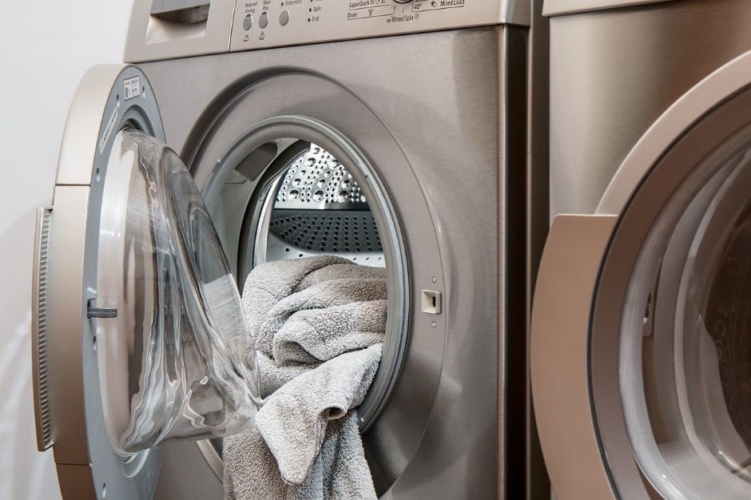
The rules are being introduced to combat planned obsolescence built into appliances that shorten a product’s lifespan and helps to generate around 1.5 million tonnes of electrical waste every year.
From this Summer, manufacturers will be obliged to make spare parts for products available so that electrical appliances can be repaired by consumers. According to the Department of Business, Energy and Industrial Strategy (BEIS), this could extend the lifespan of products by up to 10 years, which is expected to save carbon emissions as well as waste.
BEIS added that the changes will also set higher energy-efficiency standards for electrical products which will save consumers an average of £75 a year on energy bills.
“Our plans to tighten product standards will ensure more of our electrical goods can be fixed rather than thrown on the scrap heap, putting more money back in the pockets of consumers whilst protecting the environment,” said business and energy secretary, Kwasi Kwarteng. “Going forward, our upcoming energy efficiency framework will push electrical products to use even less energy and material resources, saving people money on their bills and reducing carbon emissions as we work to reach net zero by 2050.”
Commenting on the legislation, Cranfield University’s director of manufacturing, Professor Mark Jolly said: “This law is a welcome step in creating a circular and more sustainable economy. Far too many products, particularly electrical ones, are simply discarded at what is assumed to be the end of their use life.
“Our own research into remanufactured laptops shows just how effective repairs can be with remanufactured models retaining around 95 per cent of their original processing power. If businesses and consumers embraced a switch from new to remanufactured computers that would make a huge difference to the amount of electrical waste generated and also reduce the need for the mining of metals.
“While the announcement of the ‘right to repair’ law is welcome we also need to see greater education of both the public and businesses that repaired and remanufactured doesn’t always mean a drop in quality or performance.”
“Additive manufacturing can play a huge role here," added Mark Dickin, additive manufacturing & moulding engineering manager at Ricoh 3D. "Some parts will be frequently required and it makes sense for manufacturers to hold these in physical form, but 3D printing means the parts which are less in demand can be held digitally as CAD data.”




Poll: Should the UK’s railways be renationalised?
I'm reminded of the old adage about stupidity is doing the same thing time and time again, expecting different results. The current model simply...